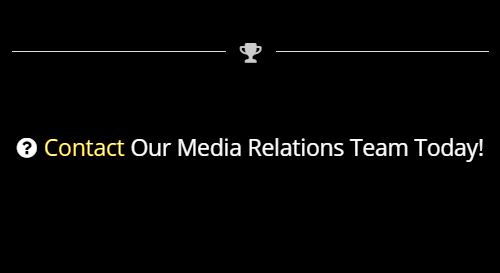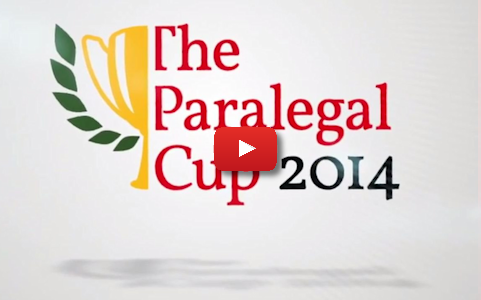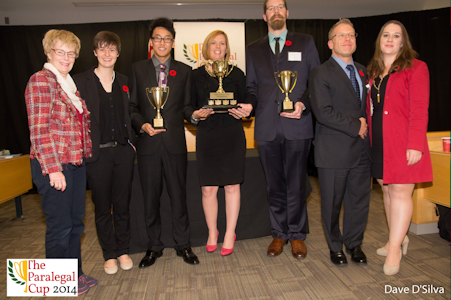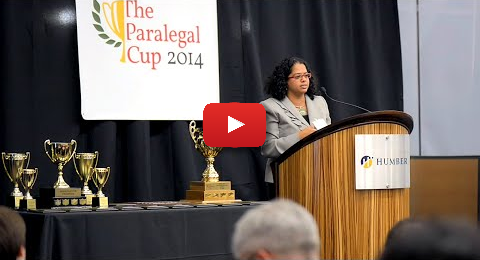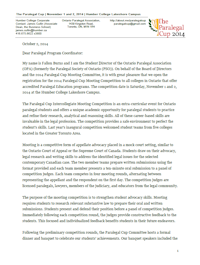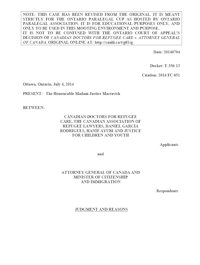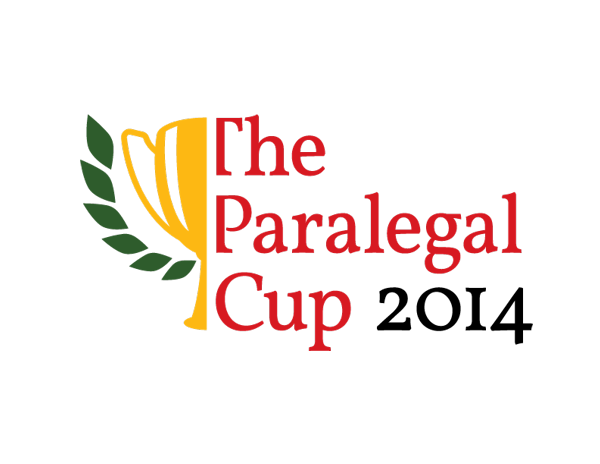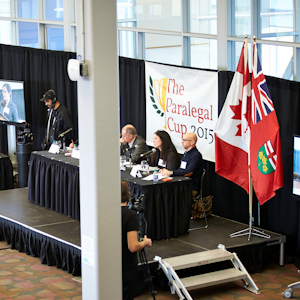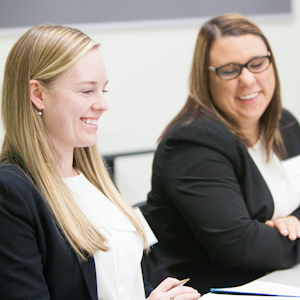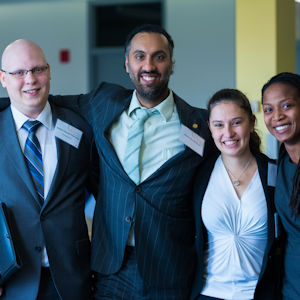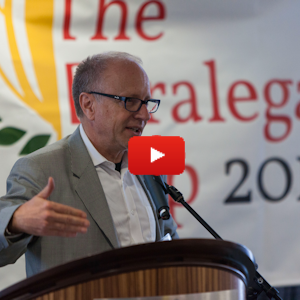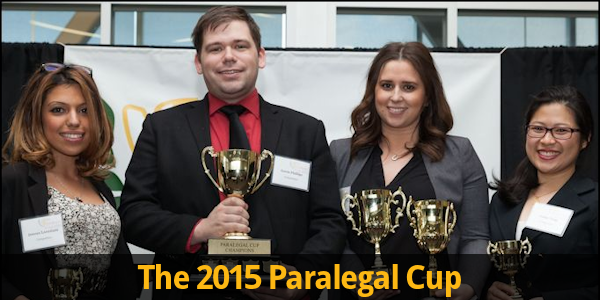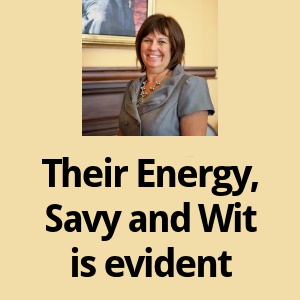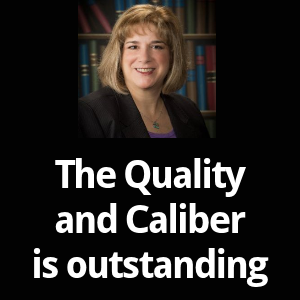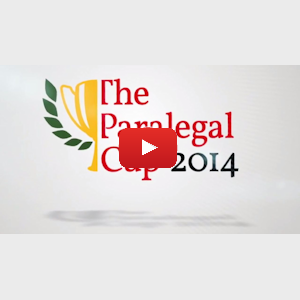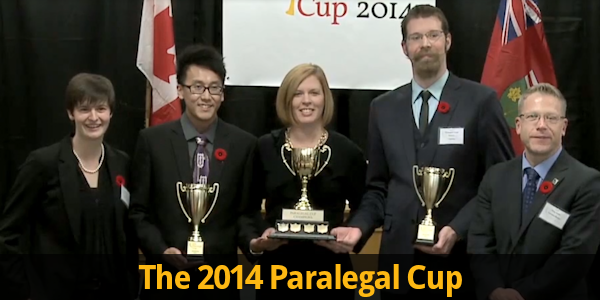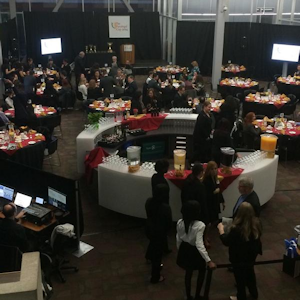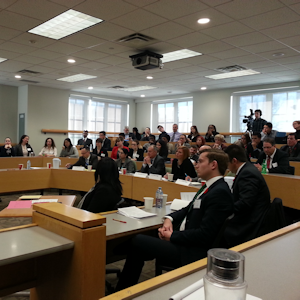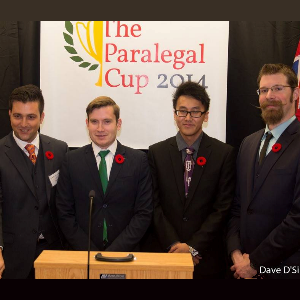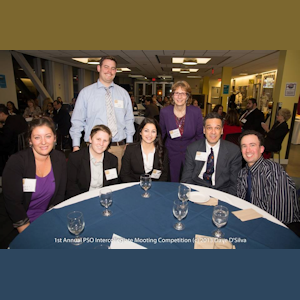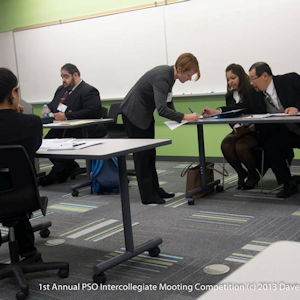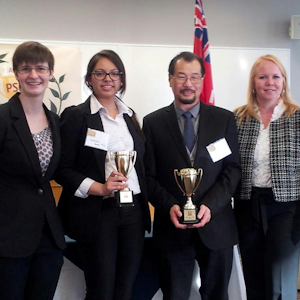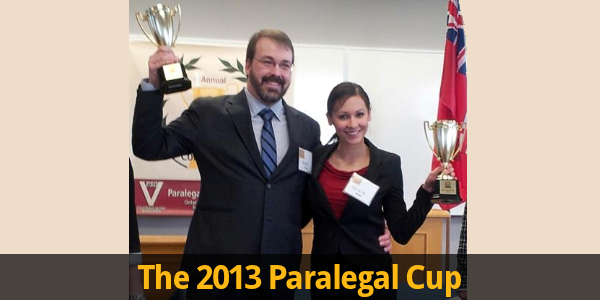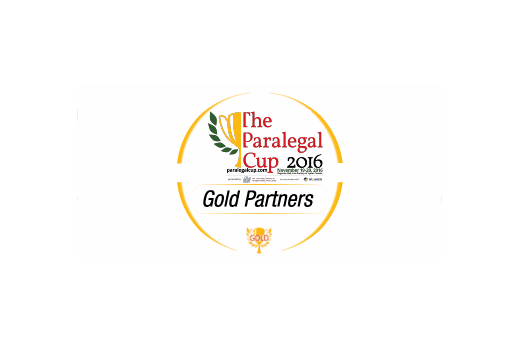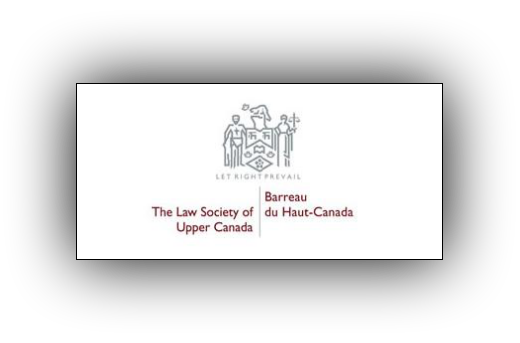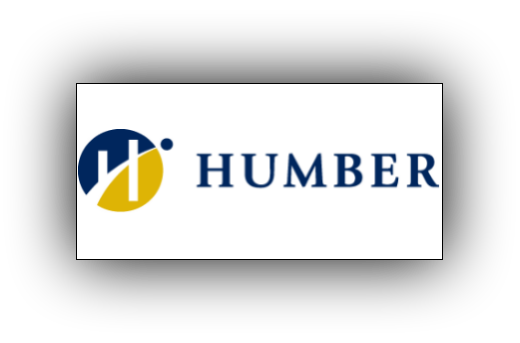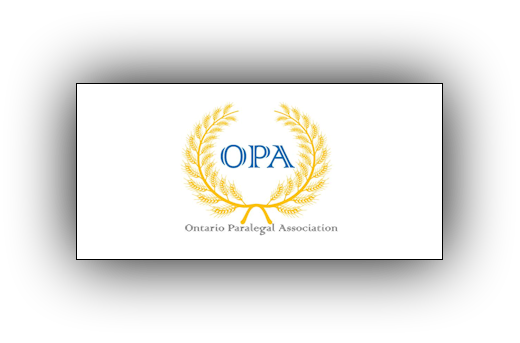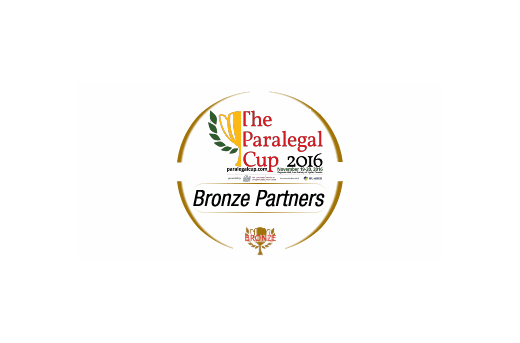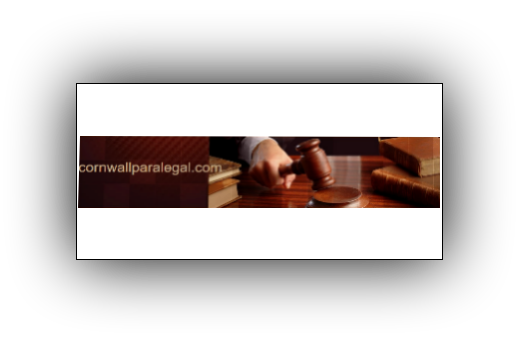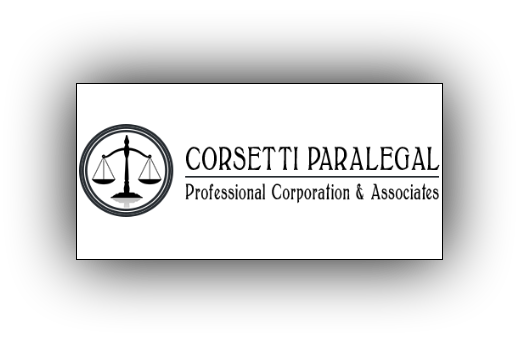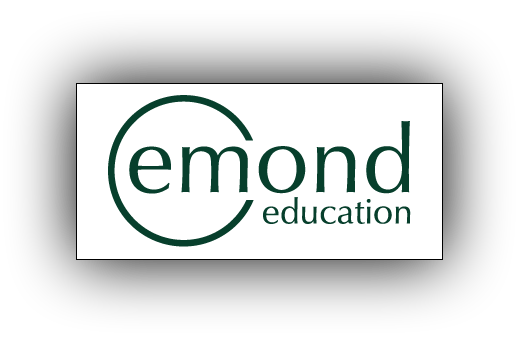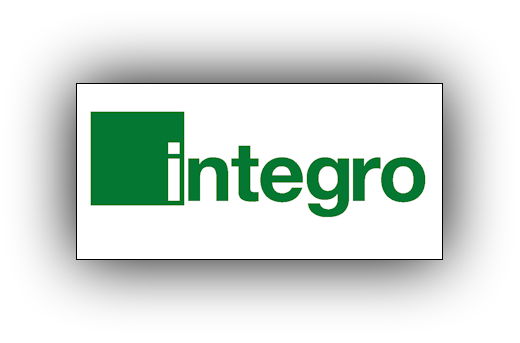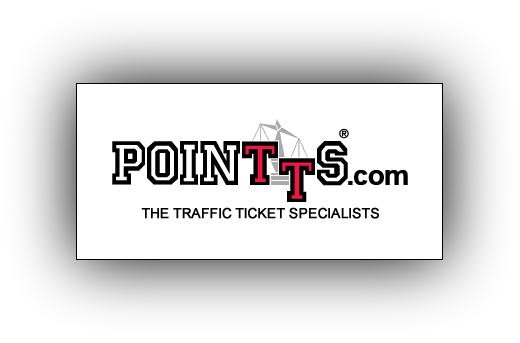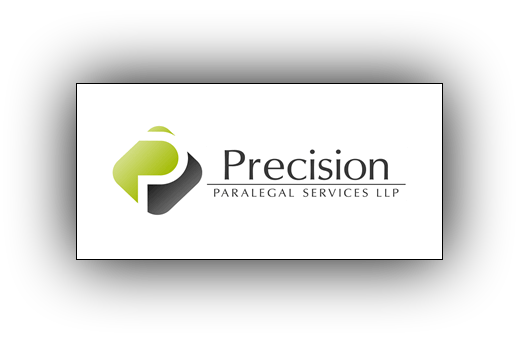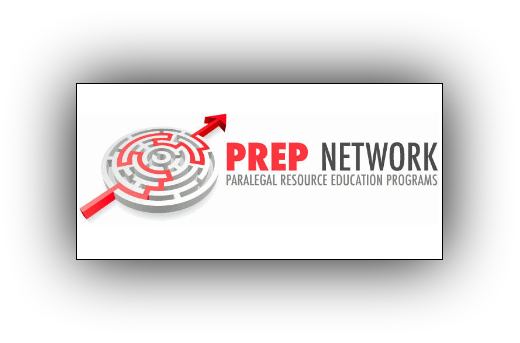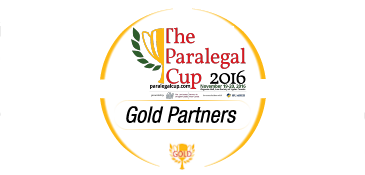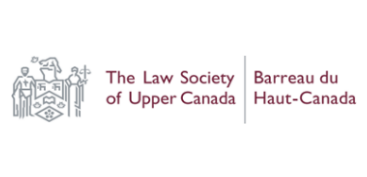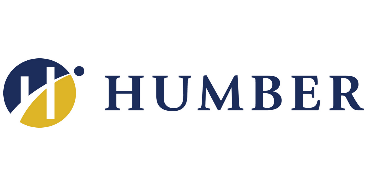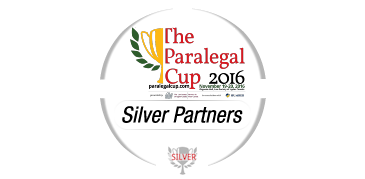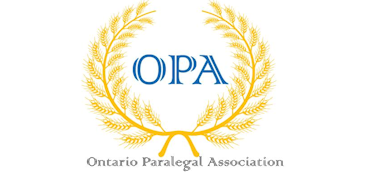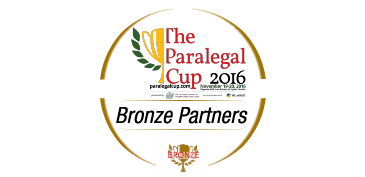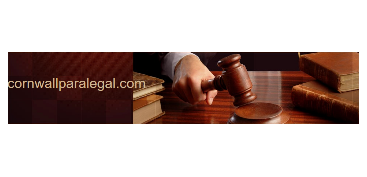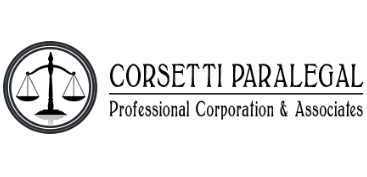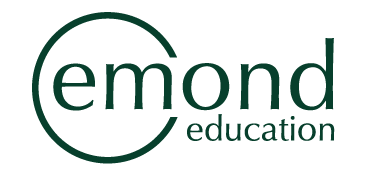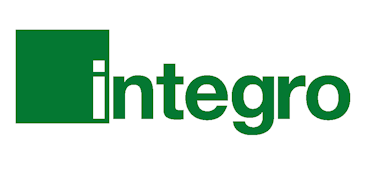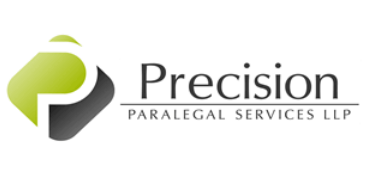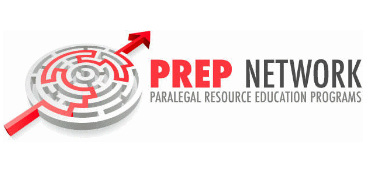 ABOUT THE PARALEGAL CUP
ABOUT THE PARALEGAL CUP
The Paralegal Cup is the only mooting competition in the world that is exclusive to Paralegal students enrolled in a Certificate or Diploma program. The competition strengthens student advocacy and critical thinking skills by focusing on oral and written advocacy, professionalism, and resiliency.
 CONTACT US
CONTACT US
- The Paralegal Cup
c/o: Madeline Williams, Paralegal Cup Coordinator
Humber College, Business School 3199 Lake Shore Blvd. W., Toronto, ON, M8V 1K8 - info@paralegalcup.ca
- EMAIL US for Our Phone Number
- http://www.paralegalcup.com
Welcome to the
2014 Competition Resources
This section of our website is designed to provide the competitors and coaches with all the necessary components to register and compete in the 2015 Paralegal Cup.
If you have any questions, concerns, or require any clarification or additional information, please CONTACT US
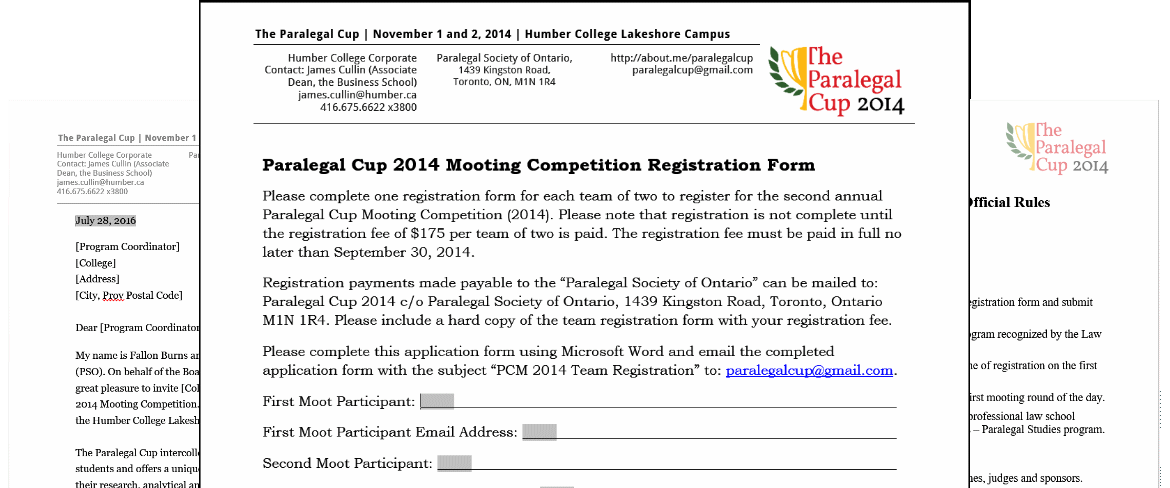
 Team Registration Package
Team Registration Package
Team Registration Package
Dear Paralegal Program Coordinator:
My name is Fallon Burns and I am the Student Director of the Ontario Paralegal Association (OPA) (formerly the Paralegal Society of Ontario (PSO)). On behalf of the Board of Directors and the 2014 Paralegal Cup Mooting Committee, it is with great pleasure that we open the registration for the 2014 Paralegal Cup Mooting Competition to all colleges in Ontario that offer accredited Paralegal Education programs. The competition date is Saturday, November 1 and 2, 2014 at the Humber College Lakeshore Campus.
Team registration is due no later than October 7, 2014
Registration fee payment is due no later than October 14, 2014
 Moot Case
Moot Case
Modified 2014 Moot Case
Canadian Doctors for Refugee Care v Canada (Attorney General), 2014 FC 651 --
The 2014 Paralegal Cup Moot case is a modified version of the Federal Court of Canada case, Canadian Doctors for Refugee Care v Canada (Attorney General), 2014 FC 651
If you have any questions, concerns, or require any clarification or additional information, please CONTACT US
Please download the modified case and the defined scope of the issues for oral arguments.
If you have any questions, concerns, or require any clarification or additional information, please CONTACT US
 Competition Rules
Competition Rules
Official 2014 Competition Rules
Introduction --
The 2014 Paralegal Cup Official Rules are a living document and they contain minor changes yer-over-year. Please review the rules carefully to ensure a fair and stress-free competition.
All participants and coaches are expected to be familiar with the competition rules.
If you have any questions, concerns, or require any clarification or additional information, please CONTACT US
- To qualify for competition, teams must:
- Consist of two students from an invited college;
- Have had the school liaison or program coordinator complete the registration form and submit the registration fee to the Ontario Paralegal Association;
- Be currently enrolled in an undergraduate or graduate Paralegal program recognized by the Law Society of Upper Canada;
- Provide photo identification confirming active enrollment at the time of registration on the first day of the competition; and
- Check-in no later than thirty minutes prior to the beginning of the first mooting round of the day.
- The competition is not open to students who are currently enrolled in professional law school programs, university degree programs or the Bachelor of Applied Arts – Paralegal Studies program. >
- The moot competition and featured venue is open to the public.
- Food and beverages are provided exclusively to the competitors, coaches, judges and sponsors.
- Each registered participant receives a ticket to attend the dinner banquet following the first day of competition.
- Each institution with registered teams will receive at most two complimentary tickets for team coaches to attend the dinner banquet following the first day of competition.
- The preliminary rounds are held on the first day of competition. If more than one team does not qualify to compete during the preliminary rounds, the mooting round schedule shall be modified accordingly. Every effort is made to ensure that teams from the same institution do not compete against each other. However, if registered teams do not qualify, teams from the same institutions might compete against each other.
- When an odd number of teams do not qualify for the competition, the team without an opponent shall proceed with their submissions and receive oral advocacy and written factum submission scores from the judges.
- Participants shall restrict their arguments to the information contained in the provided fact scenario, factums and related case law. They are not permitted to include any other jurisprudence, legislation or arguments not contained within the fact scenario, factums and related case law.
- Teams shall prepare submissions as counsel for both the Appellant and the Respondent. Each team should expect to argue for the Appellant twice and the Respondent twice during the preliminary rounds.
- Each team member shall make oral submissions during each round. Participants have ten minutes for their individual submissions. Only one team member speaks at a time.
- Participants may end their arguments before their ten-minute allotment is reached, however, they may not continue beyond ten minutes unless they request and receive permission from the judge(s). Individual time extensions may be granted to a maximum of two minutes. The extensions are granted at the discretion of the judge(s).
- No verbal communication should take place between teammates while their opposing team is speaking. Any overly distracting or inappropriate conduct on the part of a participant during the round may impact that individual’s score under the Professionalism category. Serious and ongoing inappropriate conduct could lead to a forfeit and early termination of the round. Scoring, determination of the appropriateness of a competitor’s conduct and forfeiture is made at the discretion of the presiding judge(s).
- Judges shall be responsible for marking written submissions, speaker scores and argument scores.
- Each team completes one factum. The 2014 Paralegal Cup Mooting Competition Committee (Committee) randomly assigns each team to write the factum for either the Appellant or the Respondent.
- The team factum must consist of the following:
- A cover page that includes the name of the court to which the matter is being appealed, the title of proceedings, the title of the document (e.g. Respondent’s Factum or Appellant’s Factum), and the team number. The team factum must not include the any competitor names or post-secondary institution name;
- Table of Contents;
- Part I – Overview;
- Part II – Statement of Facts;
- Part III – Issues;
- Part IV – Analysis; and
- Part IV – Analysis; and
- Part V – Remedy Sought (which is provided by the Committee).
- Students are expected to properly cite all sources included in their factum. Footnotes shall be formatted in accordance with the Canadian Guide to Uniform Legal Citation, Eighth Edition.
- The teams proceeding to the quarterfinal rounds are determined based on highest team scores using the competition scoring criteria and are announced at the conclusion of the dinner banquet.
- At the time of the finalist announcements, the teams proceeding to the quarterfinal rounds determine whether they are representing the Appellant or Respondent in the quarterfinal rounds. The higher- ranking team has first choice of Appellant or Respondent. If the higher-ranking team is not present, they have forfeited their election and by default, their opposing team chooses.
- Following the quarterfinals, teams are assigned to argue the opposite side of the case from their previous round’s arguments. Where both teams would be assigned to the same side of the case, a coin toss is used to determine assignments. The team with the higher combined scores from the preliminary rounds calls the coin toss.
- The winning teams determined by the higher team score from the quarterfinal rounds proceed to the semi-final rounds. The winning teams determined by the higher team score from the semi-final rounds proceed to the final round.
- The team proceeding to the final round that has the higher team score from the preliminary rounds may choose to represent Appellant or Respondent.
- The winners of the final round are the winners of the 2014 Paralegal Cup Mooting Competition.
- The 2014 Paralegal Cup Mooting Competition speaker awards are determined by calculating the top five individual speaking scores as combined from the four preliminary rounds.
- The 2014 Paralegal Cup Mooting Competition professionalism award is determined by calculating the top individual professionalism score as combined from the four preliminary rounds.
- Each mooting round is one hour and ten minutes. Twenty minutes are reserved for Appellant submissions and twenty minutes are reserved for Respondent submissions. The timekeepers ensure that the mooting rounds adhere to the time limits.
- If a scheduled team does not arrive at the moot courtroom on time, the timekeeper for that round shall make note of the late arrival. The judge(s) may consider this factor when assigning scores.
- Timekeepers shall be responsible for timing and ensuring that each round is completed and feedback is given within the allotted time.
- Judges are selected by the 2014 Paralegal Cup Mooting Committee (Committee) and are professional members of the judiciary from Canada, lawyers licensed by a Canadian law society, paralegals licensed by the Law Society of Upper Canada, professors teaching law courses at a Canadian college or university, Canadian law students or other appropriate legal professionals from Canada as determined by the Committee.
- Judges are not paid but the Committee may convey standardized gifts of appreciation to all of the judges involved in the competition.
- The preliminary rounds are adjudicated by at most three judges. If more judges sit on the Bench, the highest three scores are used for scoring purposes.
- Panels consisting of three judges preside over the quarterfinals and semi-finals. The panels may not consist of more than one judge currently affiliated with the finalist’s school.
- In any round where two or more judges are in conflict of interest with the any member of the competitor team, only one of the judges in conflict may adjudicate that mooting round. If there is a conflict, the timekeeper will either ask one of the judges to refrain from adjudicating the mooting round or the judge will be replaced with another available judge.
- A five-judge panel presides over the final round and shall not have more than two judges currently affiliated with the finalist post-secondary institutions.
- During the preliminary rounds, judges score each individual speaker using the marking sheet provided by the Committee based on: argument, professionalism, and speaking scores. The individual team members are assigned the same written submission score based on the written submission provided.
- The Committee provides judges with general instructions and all required materials including score sheets before the competition. Judges are given a brief training session prior to the preliminary rounds commencing.
- The Committee and its delegate timekeepers are responsible for the maintenance and disclosure of the competition’s Official Rules to participants and judges and for monitoring general adherence to the Official Rules.
- Participants shall not deliberately attempt to influence the results of a competition round in any way other than through fair competition during the round itself. Any attempts to interfere with an opposing team may lead to forfeiture of the round at the discretion of the presiding judge(s) and/or disqualification from the tournament at the discretion of the Committee and the judges involved.
- Competitor teams shall not conduct practice rounds before persons who are judges for the current year’s Paralegal Cup Mooting Competition. Coaches and team members must ensure that their advisors are not judges in the current year’s Paralegal Cup Mooting Competition. Failure to comply with this rule may result in disqualification from the Competition.
- All participants of the 2014 Paralegal Cup Mooting Competition shall conduct themselves in a manner consistent with general and reasonable ideas of fairness, integrity and collegiality at all times. The Committee, at its discretion, may remove any participants who disrupt the event in contravention of this rule without providing a refund of registration fees.
- No person or persons other than the team members may participate in the preparation or presentation of any aspect of the team factums or oral submissions. The team factums and the oral submissions of each competitor shall be the work of the team members only. It is permissible for team coaches, faculty and others, in general terms, to discuss the identified issues of the 2014 Paralegal Cup Mooting Competition problem; to provide instruction to develop oral advocacy or the proper issues; and to provide structure of their written factums. This outside assistance can guide the competitors but cannot script their submissions.
- Each competitor team in the 2014 Paralegal Cup Mooting Competition is assigned a team number at random by the Committee. This number must be used on the written factum submission and at all times during the 2014 Paralegal Cup Mooting Competition. The post-secondary institution name shall not appear on any official documents and shall not be used to identify a team or team member in any way. Competitors introduce themselves to the Bench during their oral submissions. However, competitor names and the city where their factums were drafted shall not appear on their official written factum submission.
- Any question that arises during the 2014 Paralegal Cup Mooting Competition concerning the interpretation or enforcement of these Official Rules is decided by a majority decision of the Committee. These decisions are referred to as Official Decisions. Official Decisions are binding and final. Administrative assistants, judges, timekeepers or any other person are not responsible for the interpretation of the Official Rules.
- All Official Instructions provided by the Committee in the Case Materials are a component of the Official Rules for the 2014 Paralegal Cup Mooting Competition and are enforceable as part of the Official Rules.
- These rules are subject to change at any time, with or without notice, by the Committee. The Official Rules are intended to describe the general procedure of the 2014 Paralegal Cup Mooting Competition and set a standard to which all participants shall adhere. The Committee may, at its sole discretion, make such exceptions as required to the Official Rules to ensure that the competition proceeds successfully. In any situation where an unexpected set of circumstances leads to uncertainty about how an aspect of the competition should proceed, the Committee makes the final decision.
2014 Paralegal Cup Mooting Competition Official Rules
Qualification and Registration
Competition Format and Structure
Moot Court: Oral Component
Judges deliberate while the competing teams and any spectators wait outside of the competition venue. The remaining time allows the judges to provide constructive feedback to the competitors. Judges shall not indicate who won the round. No numerical scores are revealed after individual rounds.
Moot Court: Written Factum Component
Moot Court: Final Mooting Rounds
Moot Court: Time Management
Judging
Fair and Collegial Conduct
General Provisions
 Official Competition and Event Guide
Official Competition and Event Guide
Official 2014 Competition and Event Guide
Introduction --
The Paralegal Cup is the only mooting competition in Ontario that is exclusive to paralegal students enrolled in a Certificate or Diploma program. The purpose of the competition is to strengthen student advocacy and critical thinking skills by focusing on oral and written advocacy, professionalism, and resiliency.This year, the competition is open to all students enrolled in a Paralegal Diploma or Certificate program, recognized by the Law Society of Upper Canada.
If you have any questions, concerns, or require any clarification or additional information, please CONTACT US



